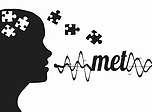Aquired Brain Injury (ABI)

Non-Traumatic Brain Injury
Some neurological conditions can result in cognitive difficulties..

Traumatic Brain Injury
Trauma to the brain can affect cognitive and language processing..

Stroke
Stroke can result in aphasia, dysarthria, apraxia or a combination..

Research Initiatives
Strategies that promote a path forward after suffering from ABI..

The Impact of Brain Injury
Compare changes in cognitive-communicatiom after brain injury..
Non-Traumatic Brain Injury
Did You Know?
30% of all Parkinson's patients are under the age of 50
20% of all Parkinson's patients are under the age of 40
Approximately 80,000 to 100,000 Canadians are suffering from Parkinson's Disease
70% of individuals with Parkinson's disease reported that speech and voice were worse prior to the disease on set
Over 65% of people with Parkinson's disease report difficulty with speech, but only 4% have seen a speech pathologist
95% of Parkinson's patients have dysphagia
Other Neurological Brain Injuries
There are several neurological conditions that result in significant changes in speech, language processing skills and cognition (attention, memory, problem solving and decision making).
Some of these neurological conditions include Parkinson’s Disease, Huntingdon’s Disease, Brain tumours, Amyotrophic Lateral Sclerosis, dementia, etc.
By working with a speech-language pathologist, clients can maintain as many skills as possible and develop compensatory strategies to maintain their quality of life. Good communication skills reduce frustration, embarrassment, misunderstandings that result in family strife, and social isolation.
Traumatic Brain Injury (TBI)
There is a strong relationship between cognitive processing and language processing. For example, if you have difficulty remembering new information, you may have problems reading a book or responding in a soicial conversation.
Often difficulties in cognition lead to poor conversational skills, impaired comprehension and behavioural outbursts.
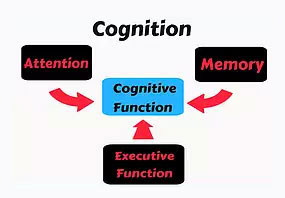
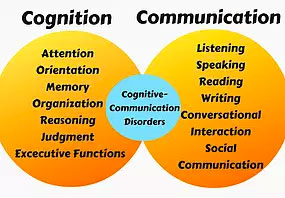
Cognitive Communication
Trauma to the brain is caused by a sudden impact to the head or body or a shearing motion to the body.
Some conditions resulting in TBI include motor vehicle accidents, falls, assaults and sports related injuries.
Due to the complexity of the brain, symptoms may vary.
Some common cognitive communication difficulties include poor attention, poor memory, poor planning, poor judgement and decision making, impulsivity and difficulty finding words.
Mary-Ellen has worked with this population for many years and will develop a multidisciplinary treatment plan to retrain skills and develop compensatory strategies.
A recent Canadian study examining both hospital-treated cases as well as those presenting to a family physician calculated the incidence of mTBI in Ontario to lie between 493/100,000 and 653/100,000, depending on whether diagnosis was made by primary care physicians or a secondary reviewer
Stroke
Stroke can result in aphasia, dysarthria, apraxia or a combination. Aphasia is defined as the loss of language. Aphasia can affect how we understand language when listening and reading, and how we transmit ideas when speaking and writing. Often, finding the right word and comprehending abstract language is difficult.
There are 300,000 Canadians living with stroke today
40% of stroke patients are living with severe disabilities
38% of stroke patients have aphasia
In Southeastern Ontario, 1,050 strokes occur per year
50,000 Canadians suffer a stroke each year
75% of people survive the initial stroke event
Strokes are the leading cause of neurological disability
Aphasia is when your brain holds your words hostage
Aphasia can mask competence
Aphasia is caused by injury to the left side of the brain
People with Aphasia take extra time to understand what is being said to them
Often times, persons with aphasia have a weakness of the right arm and leg
Dysarthria often results in slurred speech that is difficult to understand.
Apraxia results in motor planning difficulties making speech difficult to understand and resulting in extreme frustration for the speaker.
A speech-language pathologist will assess the strengths and weaknesses of those who have experienced strokes to develop a comprehensive treatment plan to improve communication, improve quality of life, and help those with lived experience reintegrate into the community.
How To Communicate With a Person Who Has Aphasia
Make sure you have the person's attention before communicating
Keep the communication simple, but adult. Never treat them like a child
Encourage people with Aphasia to be as independent as possible
Whenever possible, continue normal home activities
Do not shield people with Aphasia or be overprotective, rather, try and involve them in decision-making as much as possible
Praise all attempts to speak: eye contact, gestures, facial expressions...etc.
Research Initiatives
Words Of Wisdom
Strategies that Promote Moving Forward after ABI
Many survivors of ABI experience breakdowns in communication, social isolation and a wide range of physical and psychological changes that significantly affect quality of life and healthy well being.
interest in this area of research was prompted by our clinical perception that some survivors had developed amazing, fulfilling lives post-injury. Although many individuals are missing domains that affect quality of life such as independence, a vocation and significant relationships, they have been able to find meaning and purpose in their communities. Our findings show that there is general agreement between professionals and survivors about key components that lead to healthy well being and successful reintegration after ABI. In my practise, we are currently using these research findings to develop functional, meaningful rehabilitation programs for survivors and their families.
From Survivors:
Blame the injury, not the person
One day at a time
Embrace change
Be persistent
Focus on things you can control
Embrace the future, not the past
Use technology
Get involved in the community
Accept the loss of youth and move forward
From Professionals:
Do not compare yourself with others
It is a day to day journey
Remain flexible
Never give up
Find strategies for weaknesses
Accept where you are and move forward
Join support groups
Embrace survival of the human spirit
Keys To Success
Survivors have good insight
Positive attitude, persistence and resiliency
Strong support system is critical
Need to link peers with survivors
Find volunteer opportunities – need a way to give back and feel valued
Although families may feel unappreciated, their support is critical
Passionate commitment to an activity (ex. Arts)
The Impact of Brain Injury on Cognitive Communication
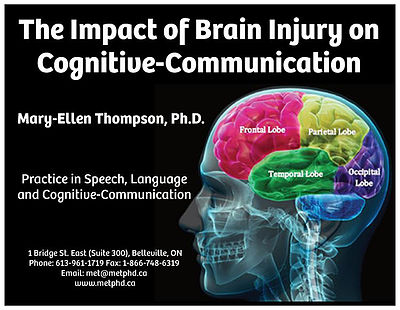
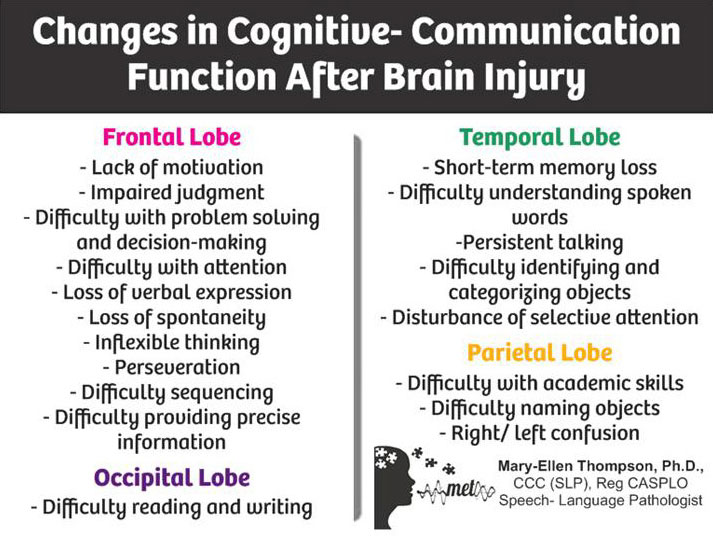
Office
11 Bay Bridge Road, Unit 216,
Belleville ON, K8P 3P6
Monday to Thursday : 8:30am – 6pm
Friday : 8:30am – 4pm
Phone : (613) 961-1719
